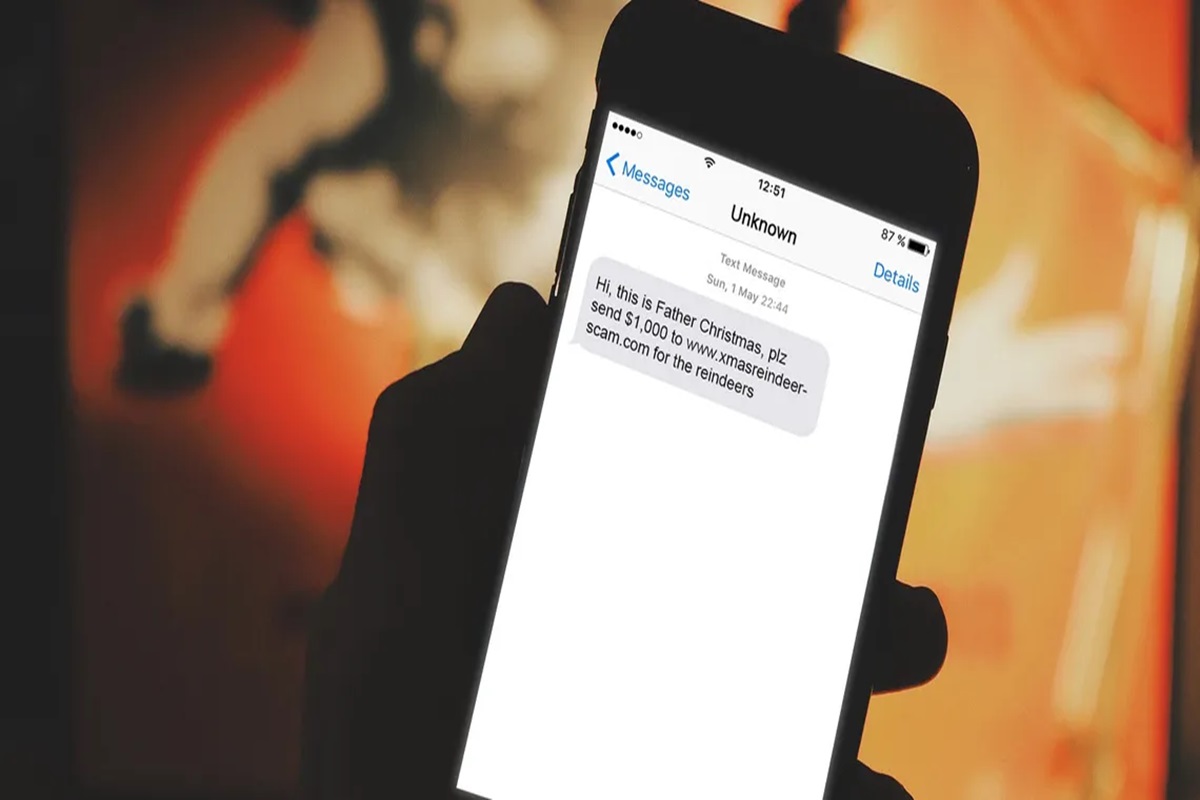Scams want your money, and they come in different forms. Have you ever got strange emails, texts, or calls asking for money or personal info? Scammers use tricks called phishing, smishing, or vishing to get you. How can you know and avoid falling for these tricks? Let’s break down the differences between phishing, smishing, and vishing:

Phishing
Phishing usually comes through emails. Scammers send emails that look like they’re from your bank, a store, or a government agency. They make it seem urgent, like a problem with your bank account or an order from Amazon. They want you to click on a link that seems real but takes you to a fake page. When you enter your login info there, they can access your account and cause trouble.
Smishing
Smishing is like phishing but through text messages on your phone. Scammers send texts that look real, maybe from your bank or a friend. They include links for you to click. If you click and give your login details, you fall into their trap.
Vishing
Vishing is voice phishing over phone calls. Instead of emails or texts, scammers call you. They might use tricks like saying your Social Security number is in trouble or you owe money to the IRS. They create fear to make you share personal info.
Phishing Emails
Bad people send fake emails, pretending to be your bank or others. They make you click on links to steal your info.
Smishing Texts
Scammers send tricky texts, acting like your bank or a friend. They want you to click links and share your info.
Vishing Calls
Bad guys call and tell scary stories, like problems with your Social Security. They make you share personal info.
How to Spot These Scams
Look for signs like strange sender addresses or emails about things you didn’t sign up for. If it seems odd, it probably is.
Example
I got an email that looked weird and claimed to be from Cash App. I don’t use Cash App, and the sender’s address seemed fake. They wanted me to click a link, but I deleted the email because it felt wrong.
Tips to Stay Safe
1. Don’t click on strange links.
2. Check sender details.
3. If it seems urgent, double-check with the real company.
4. Delete suspicious messages.
5. Don’t share personal info over the phone unless you’re sure.
Remember, scammers want to trick you, but being careful keeps you safe!
Leave a Reply